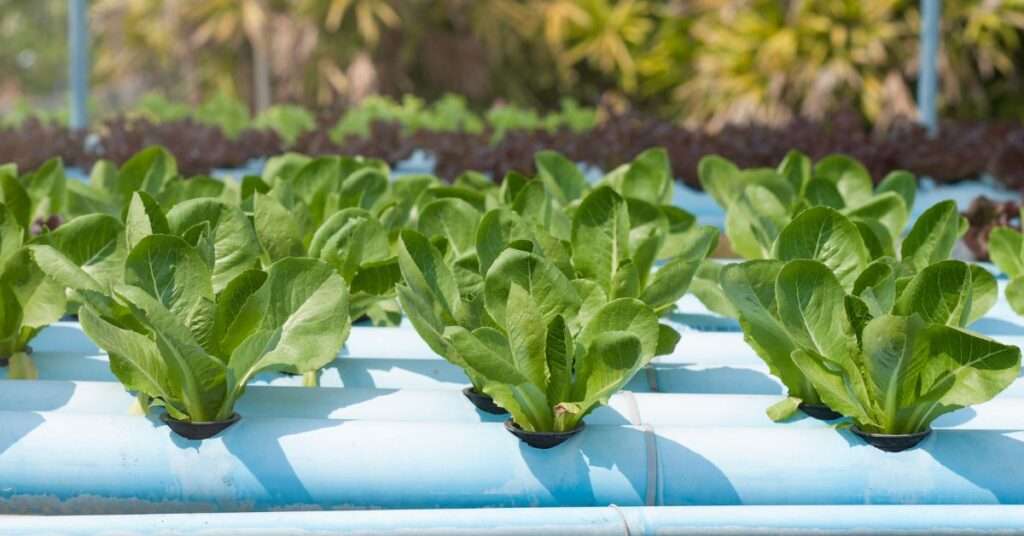Organic Farming in Developing Countries
Organic farming, a sustainable agricultural practice that minimizes the use of synthetic chemicals, has gained significant traction worldwide. In developing countries, where food security and environmental sustainability are paramount, organic farming offers a promising alternative to conventional agriculture. This blog post will delve into the intricacies of organic farming in developing countries, focusing on the Indian state of Rajasthan as a case study.
-
Environmental Sustainability:
- Soil health: Organic farming practices promote soil health by enhancing microbial activity and improving soil structure. This leads to increased water retention, reduced soil erosion, and improved nutrient cycling.
- Biodiversity: Organic farming supports biodiversity by minimizing the use of harmful chemicals that can disrupt ecosystems. It encourages the proliferation of beneficial insects, pollinators, and other organisms that contribute to agricultural productivity.
- Climate change mitigation: Organic farming practices can help mitigate climate change by reducing greenhouse gas emissions, sequestering carbon in the soil, and conserving water resources.
-
Food Safety:
- Reduced pesticide residue: Organic farming eliminates the use of synthetic pesticides, ensuring that food products are free from harmful chemical residues. This is particularly important in developing countries where food safety standards may be less stringent.
- Improved nutritional quality: Studies have shown that organic produce may have higher levels of certain nutrients compared to conventionally grown crops. This can contribute to better health outcomes in developing communities.
-
Economic Benefits:
- Market demand: Organic products often command premium prices in both domestic and international markets. This can provide farmers with a higher income and improve their livelihoods.
- Reduced input costs: Organic farming practices often require fewer inputs, such as synthetic fertilizers and pesticides, leading to lower production costs.
- Community development: Organic farming can contribute to community development by creating jobs, promoting rural entrepreneurship, and strengthening local food systems.


Organic Farming in Rajasthan: A Case Study
Rajasthan, a desert state in India, has witnessed a growing interest in organic farming in recent years. Government support: The Rajasthan government has implemented various initiatives to promote organic farming, including providing subsidies, technical assistance, and market linkages.
- Favorable climatic conditions: Rajasthan’s arid climate and sandy soils are well-suited for certain organic crops, such as cumin, fenugreek, and mustard.
- Cultural traditions: Traditional agricultural practices in Rajasthan often incorporate sustainable and ecological principles, which align with organic farming.
Challenges and Opportunities
Despite its potential benefits, organic farming in developing countries faces several challenges:
- Limited access to technology and resources: Farmers in developing countries may lack access to modern agricultural technologies, organic inputs, and training.
- Market infrastructure: Developing countries may have inadequate market infrastructure to support organic farming, including cold storage facilities, transportation networks, and certification systems.
- Competition from conventional agriculture: Conventional agriculture often receives greater government subsidies and support, making it difficult for organic farmers to compete.
However, there are also significant opportunities for organic farming in developing countries:
- Growing consumer demand: There is a growing global demand for organic products, especially in developed markets. This presents a significant opportunity for developing countries to export organic produce.
- Innovation and research: Investing in research and development can help address the challenges faced by organic farmers in developing countries and develop new technologies and practices.
- Partnerships and collaborations: Collaborations between governments, NGOs, and private sector organizations can help promote organic farming and support farmers in developing countries.
Conclusion
Organic farming offers a promising path towards sustainable agriculture in developing countries. By addressing the challenges and capitalizing on the opportunities, these countries can promote food security, environmental sustainability, and economic development. Rajasthan’s experience with organic farming demonstrates the potential for success in this field. As awareness of the benefits of organic farming continues to grow, it is likely that we will see even greater adoption of this sustainable agricultural practice in developing countries around the world.
